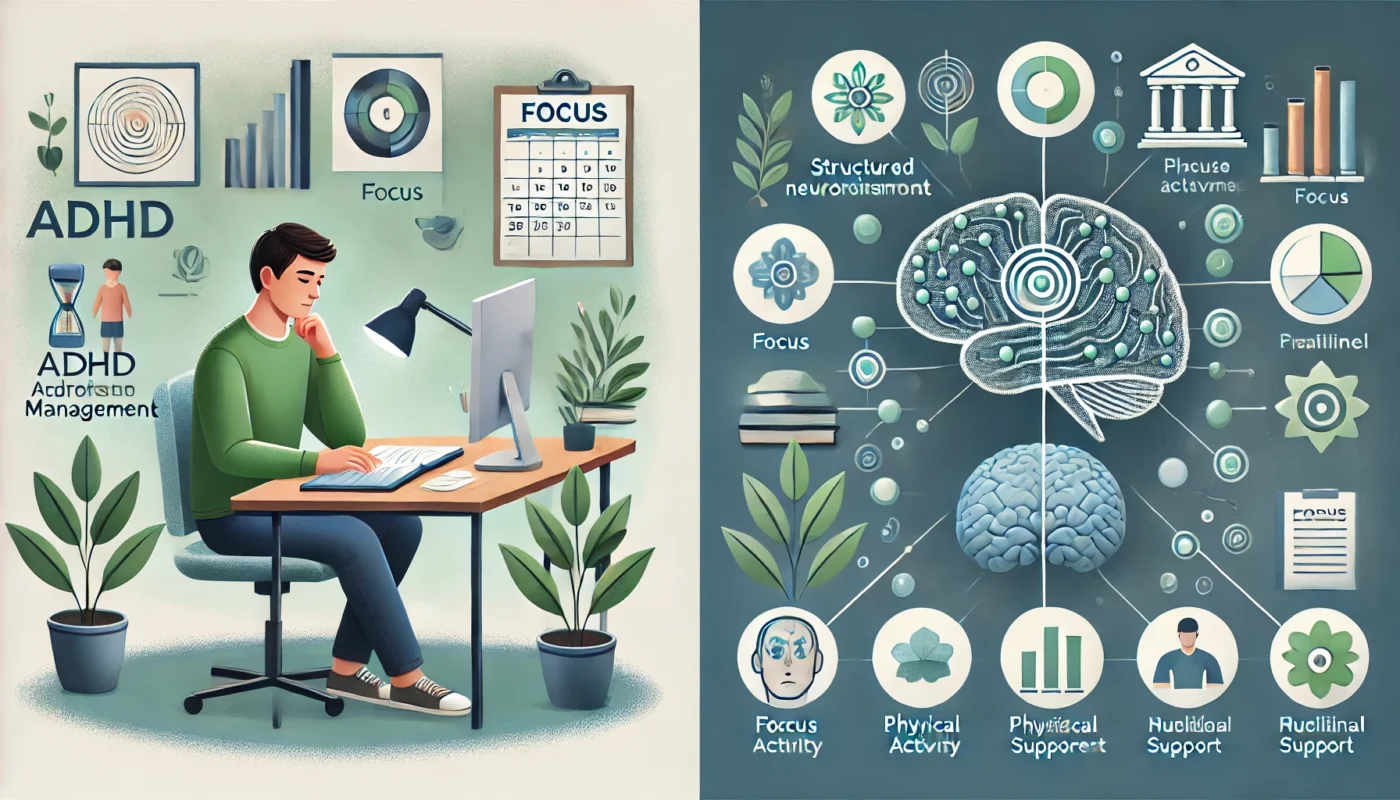Attention-Deficit/Hyperactivity Disorder (ADHD) is a neurodevelopmental disorder characterized by patterns of inattention, hyperactivity, and impulsivity that interfere with daily functioning. This condition, often diagnosed in childhood, persists into adolescence and adulthood for many individuals. This article delves into ADHD’s symptoms, causes, treatment options, healing strategies, and preventive measures, supported by research-based evidence and practical insights. […]
Tag Archives: ADHD Management
Attention Deficit Hyperactivity Disorder (ADHD) affects approximately 6–10% of children and 2–5% of adults globally (Journal of Clinical Psychiatry, 2019). This neurodevelopmental disorder is characterized by symptoms such as inattention, hyperactivity, and impulsivity, which can interfere with academic, social, and occupational functioning. While stimulant medications like methylphenidate (Ritalin) and amphetamines (Adderall) are commonly prescribed, they […]
Executive function and focus are critical components of everyday productivity, yet they can be particularly challenging for neurodivergent individuals. Conditions such as ADHD, autism spectrum disorder (ASD), and anxiety-related disorders often include symptoms of impaired focus, mental fatigue, and difficulty managing cognitive tasks. While behavioral strategies and medications are common tools for managing these challenges, there is growing interest in the potential of nutritional supplements, such as magnesium glycinate, to provide additional support.



